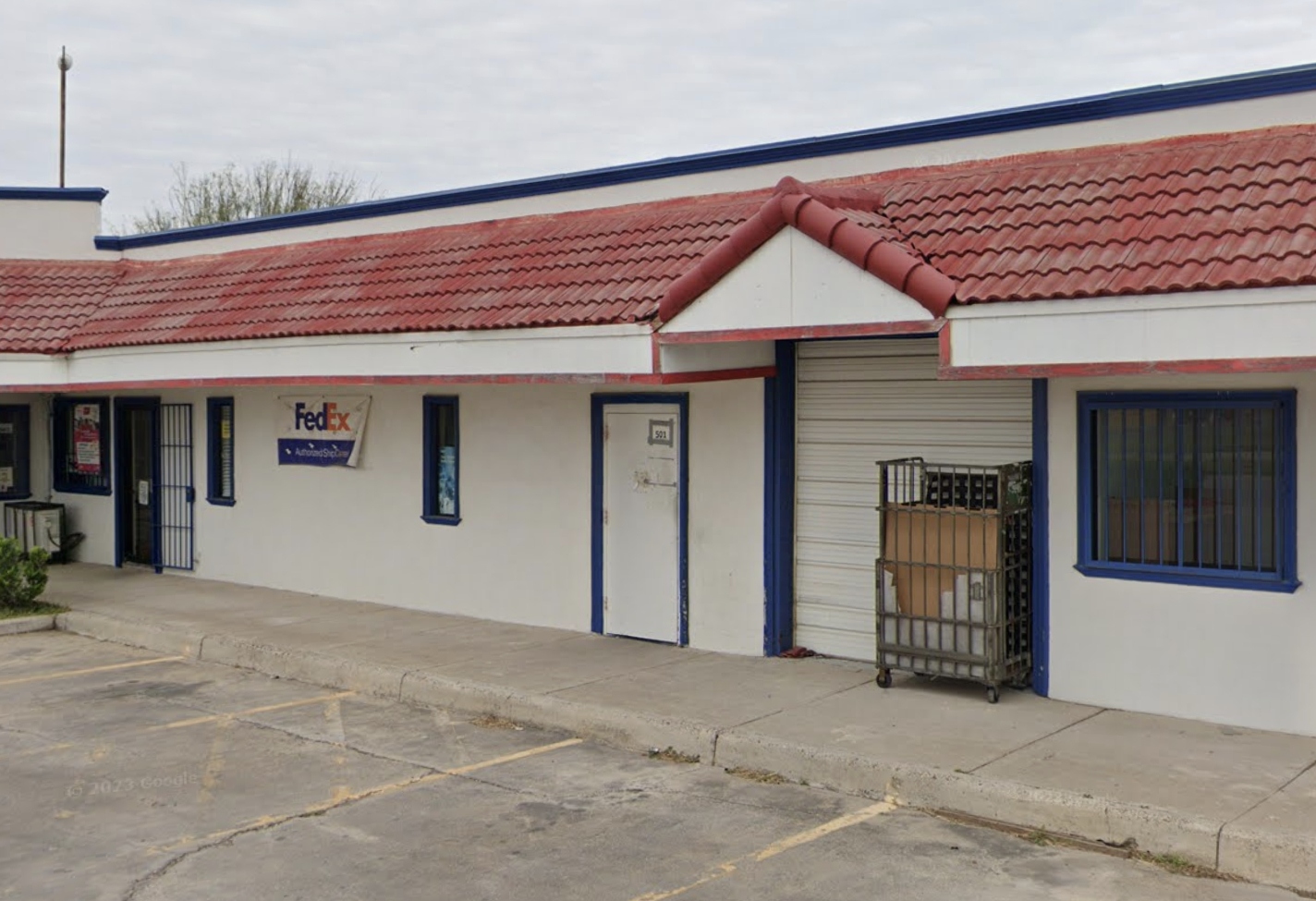Mexican authorities this month arrested 14 individuals and issued warrants for six more allegedly connected to a massive fuel-smuggling, or huachicol, scheme that the government had blown up in March. Among those targeted were owners and operators of the transportation company Mefra Fletes, reportedly the main supplier of the trucks involved in the smuggling efforts.
A U.S. advisory in May called huachicol schemes “the most significant non-drug illicit revenue source” for Mexico’s cartels, which have become a prominent Trump administration target. But the cartels often rely on affiliated individuals and firms—including along the Texas border—to pull them off.
The Mefra Fletes example illustrates risks of illicit activity to consider as huachicol schemes face increasing scrutiny from Mexican and U.S. authorities alike. The company’s network exhibited red flags well before the arrests, and before the March raids, too.
Before that, however, its business profile clearly aligned with red flags for huachicol schemes raised in the May advisory and others:
A U.S. advisory in May called huachicol schemes “the most significant non-drug illicit revenue source” for Mexico’s cartels, which have become a prominent Trump administration target. But the cartels often rely on affiliated individuals and firms—including along the Texas border—to pull them off.
The Mefra Fletes example illustrates risks of illicit activity to consider as huachicol schemes face increasing scrutiny from Mexican and U.S. authorities alike. The company’s network exhibited red flags well before the arrests, and before the March raids, too.
How it works
Mexico’s cartels, according to the U.S. advisory from May, use “complicit Mexican brokers in the oil and natural gas industry” to smuggle crude oil stolen from Pemex, Mexico’s state-owned energy company, and sell it to small, U.S.-based companies operating near the southwest border.- Those U.S. importers “often run otherwise legitimate business operations” in Texas and New Mexico, the advisory warned.
Inside the company
Mexican authorities’ major March operation seized stolen diesel that had been stored at depots throughout the country. According to reporting this month by El Pais, it was Mefra Fletes’ tanker trucks that “primarily transported” 10 million liters of fuel carried by an oil tanker.Before that, however, its business profile clearly aligned with red flags for huachicol schemes raised in the May advisory and others:
- The company has a large physical presence, with 600 trucks and operations throughout the country, according to a Financial Times report. But it has little online presence, beyond its mentions in a few Mexican government documents.
- The address listed on Mefra Fletes’ now-expired franchise license to operate in Texas is a small, vacant shipping office in the border town of Hidalgo, less than two miles from the border-crossing McAllen-Hidalgo International Bridge.

A Google Street View capture from January 2023 of the Hidalgo, Tex., address listed by Mefra Fletes.
The associates: Among those arrested this month for their alleged role in the fuel-smuggling network was Mefra Fletes’ administrator, Anuar Gonzalez Hemadi. Last week, Mexico also issued warrants for two Mefra Fletes owners: Jose Isabel Murguia Santiago and Roberto Blanco Cantu.
Family ties:
Kharon analyst Lila Anderson contributed to this report.
More from the Kharon Brief:
- Blanco Cantu divested from Autolinean Roca, a second transportation company alleged to have been involved in the logistics of the scheme, just before authorities’ huachicol seizure in March, according to a Mexican registry. The businessman Hector Manuel Portales Avila, who was also arrested this month in connection with the scheme, divested just before the seizure, too.
Cartel connections
Individuals tied to suspected huachicol activity often have well-documented cartel ties, and the Mefra Fletes network follows that pattern as well. Its associates’ cartel connections, whether through family members or business, extend years back in time.Family ties:
- Mexican prosecutors charged Murguia Santiago’s brother Jose Asuncion Murguia Santiago, a small-town mayor, with organized crime offenses and forced disappearance in May, accusing him of colluding with CJNG in its operation of a ranch used as a recruitment and training center.
- According to a 2022 U.S. indictment, Blanco Cantu’s brother Rigoberto was part of a transmigrante smuggling operation led by the son-in-law of a senior Gulf Cartel figure.
- Mexican federal investigations identified a second company that Murguia Santiago owns, Impulsora de Productos Sustentables (IPS), as a commercial partner of Vector, Casa de Bolsa, one of the three Mexican financial institutions that the U.S. identified in June as institutions of primary money laundering concern in connection with illicit opioid trafficking.
- Other IPS associates trace additional cartel connections. One officer in the company, for example, previously served as a director of Desarrollo Agricola Verde de Sayula S.P.R. de R.L., which the U.S. sanctioned in 2016 for its ties to a close ally and financing arm of CJNG.
The bottom line
Cartels have long dominated several types of black markets in Mexico, not just those involving narcotics trafficking. Evaluating the networks of actors identified by Mexican authorities in huachicol and other schemes can offer useful starting points for understanding and tracing new companies that cartels potentially control.Kharon analyst Lila Anderson contributed to this report.
More from the Kharon Brief:




